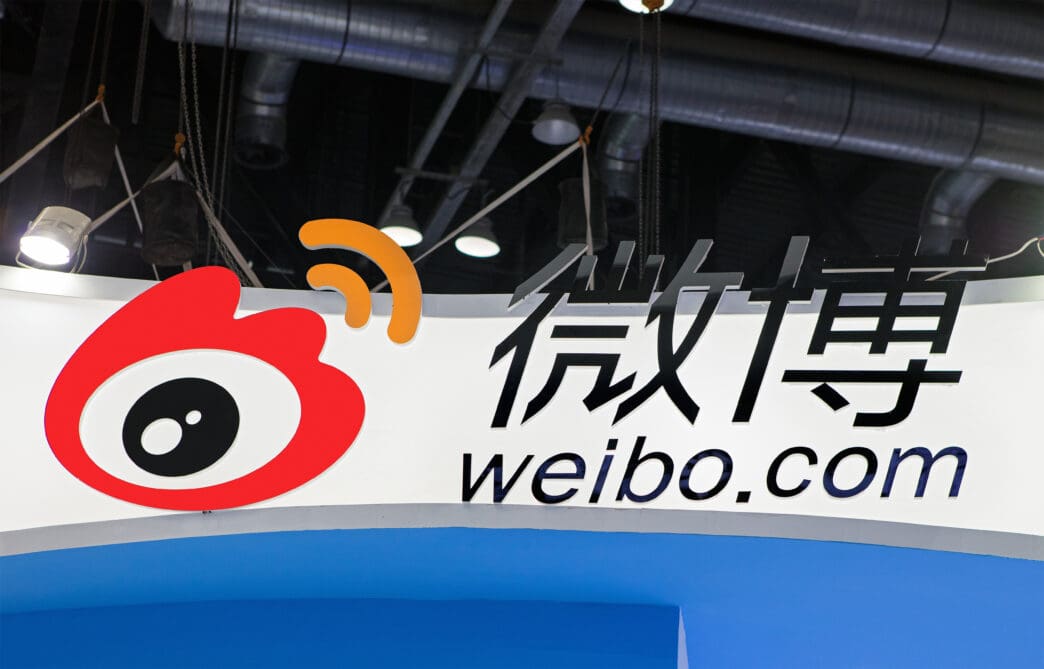Executive Summary
The Story So Far
Why This Matters
Who Thinks What?
China’s internet regulator, the Cyberspace Administration of China (CAC), has issued warnings and imposed “disciplinary measures” on prominent social media platforms Weibo and Kuaishou, citing failures in content management. This action, announced recently, extends a broader crackdown on social media applications across the country, following similar steps taken against the Instagram-like app Xiaohongshu last week.
Regulatory Actions and Specific Breaches
Measures Imposed
The CAC declared that these measures would encompass “summonses for interviews, injunctions to correct breaches within a specified period, warnings and strict sanctions against those responsible,” according to an AFP report. This indicates a multi-faceted approach to enforcing compliance.
Content Management Concerns
Both Weibo, a microblogging platform, and live-streaming app Kuaishou are reportedly under scrutiny for highlighting celebrity news and “undesirable” content. This aligns with the regulator’s stated goal of maintaining a “clear, clean and healthy cyberspace” for its citizens.
Industry Response and Broader Context
Weibo’s Rectification Efforts
In response to the disciplinary actions, Weibo stated it “takes the matter very seriously” and “sincerely accepts the criticism and disciplinary decisions” from the authorities. The company confirmed it immediately established a “special task force” to address “governance issues around the trending list” and assume responsibility for content management, as reported by Reuters.
Precedent with Xiaohongshu
This latest move follows the CAC’s targeting of Xiaohongshu, known as Rednote in English, just last week. The regulator had previously ordered “warnings and strict punishment” for executives at the popular lifestyle app, criticizing its online content for containing “trivial” and “negative” posts.
Implications for China’s Digital Space
The ongoing actions by the CAC underscore Beijing’s sustained effort to tighten control over its digital sphere. These measures aim to reshape online content consumption, reinforcing the government’s vision of a regulated internet that aligns with its socio-political objectives.








